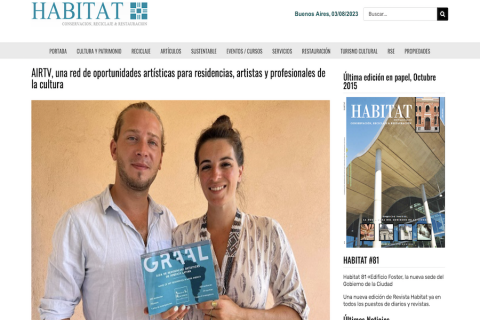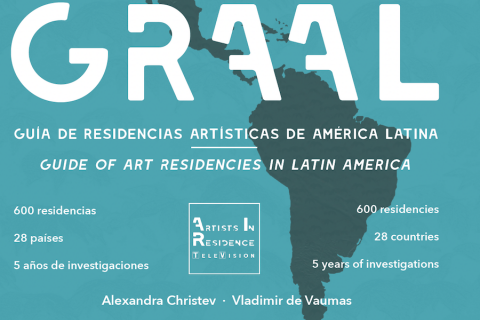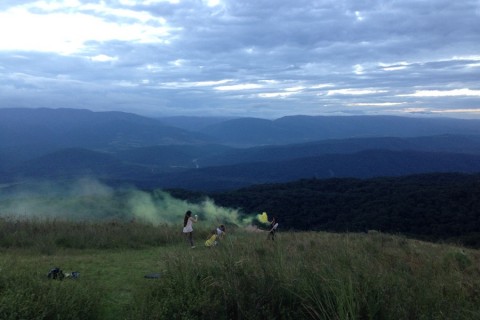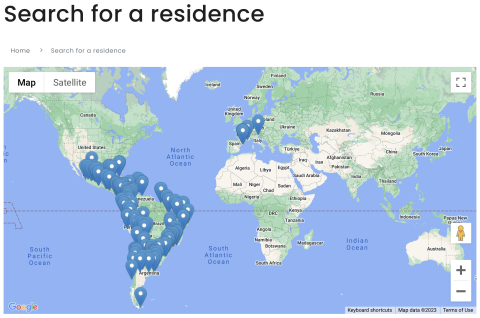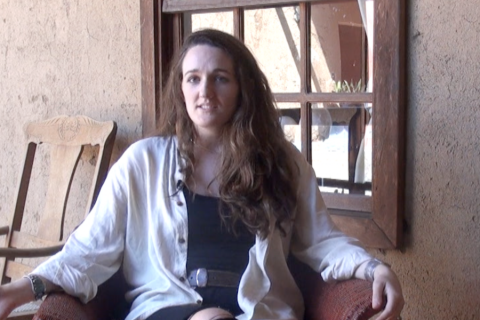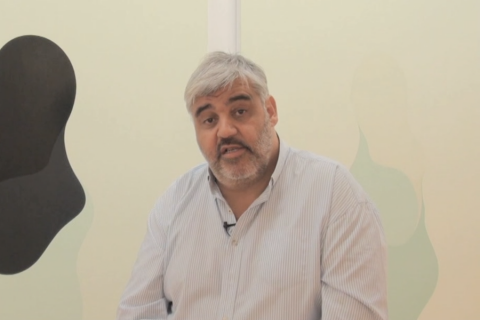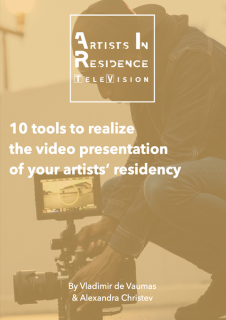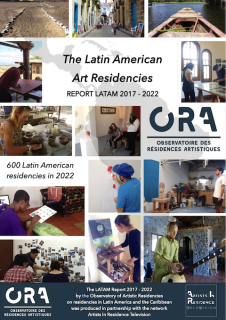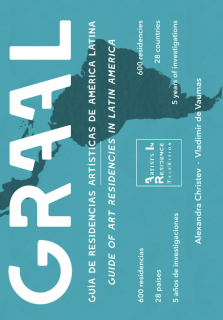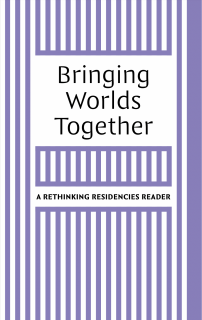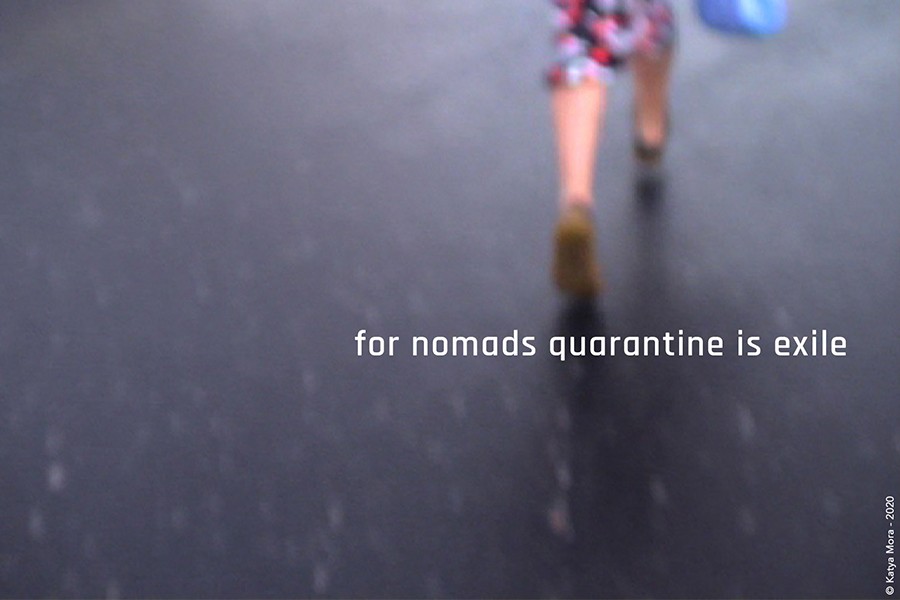
Art residencies in the time of Covid-1
By Vladimir de Vaumas and Alexandra Christev Illustration by Katya Mora, 2020
How the cultural field is to survive this worldwide pandemic? Where does art stand when a global crisis hits all populations? What role does it play when people’s priorities are turned towards their basic needs: health, food, and shelter?
We all live now in this globalized state of emergency, where urgent sanitarian problems are to be solved before thinking about cultural mobility again. With almost all frontiers closed and a huge economical crisis on the rise due to the temporary stop of our consumerist societies, how will residencies get through the lack of traveling artists in the next months for the luckiest, and years for the worst cases?
For ongoing art residencies who were hosting artists when confinement orders hit, the natural answer is to organize online activities like final exhibitions, private studio visits, artists' diaries, or just interviews about their creativity’s state of mind in a time of mandatory confinement. Others already launched their « virtual-residency » to offer a substitute to regular residencies for the time being.
Another phenomenon is noticeable as well, many artists worldwide have used terms as « self-art-residency » or « quarantine-residency » on social media to express their domestic situation, using this isolated time as best as they would do in the residence they were supposed to go to. But a resistance emerges as well from this online culture, with artists stating that art aims to connect people and that virtuality will not be enough since arts are the key to understanding human relations.
Though, in a time where we stand in between avoiding social relations and preserving what’s left of our cultures, connectivity seems to be a temporary solution to do not lose our sanity and to keep in mind our multiculturalism.
Another matter is unexpectedly emerging from this new order. Since the industries closed all around the world, commercial flights and maritime transports being shut down for a few weeks at least, we already have been able to feel the quality of air improving in most capitals and to see wildlife take back its reign everywhere.
Arts and activism being close friends, this is a chance for « artivists » to lead the path to more awareness on how capitalism and globalization have dramatically impacted our world in the last century. In this global effort to counter the Covid-19, many are thinking in an after-pandemic world that would slow down the pace of our societies towards a more conscious way of life, more respectful of our already fragile ecosystems, and this is a time to question as well the relevance of international travels and the impact that tourism has on our future.
At this point, it’s important to highlight that artists-in-residence are considered as « cultural-tourists » and participate in what is called today « slow-tourism », which means staying more than 3 weeks in the same place. The average period of time spent in residence is from 1 to 3 months, giving the opportunity to an artist to understand his new environment, adapt to it, and get inspired by it. It is indeed our belief that cultural mobility participates in the enrichment of knowledge and tolerance, much needed in our times.
Let’s not forget about the main role of artists in our society and their intention to express and vulgarize our world’s issues. This pandemic will leave a historical scar on our way of life and we will need artists to help us go through this trauma. Through travel experiences, artists present different realities, different cultures, and maybe now different ways people face the virus, which is not the same everywhere. Artists engage themselves more than ever and they will need an international stage to articulate their researches, thoughts, and critics.
With 5000 art residencies around the world in 2019, a number in constant rising since the XXI century, and more than half a million artists looking for residency programs every year, we do believe that artists and residencies will survive this pandemic. So, to the residencies around the world, take this time offered to strengthen your networks and continue to open your spaces, not physically of course but virtually for the time being, for reflection in the midst of this confinement. Use your creativity full on and don’t let this time be for nothing, engage your voice, and use the digital tools to connect with your community. There isn’t any issue without resolution, and because this pandemic touches us all, let’s be all the way more collaborative.


